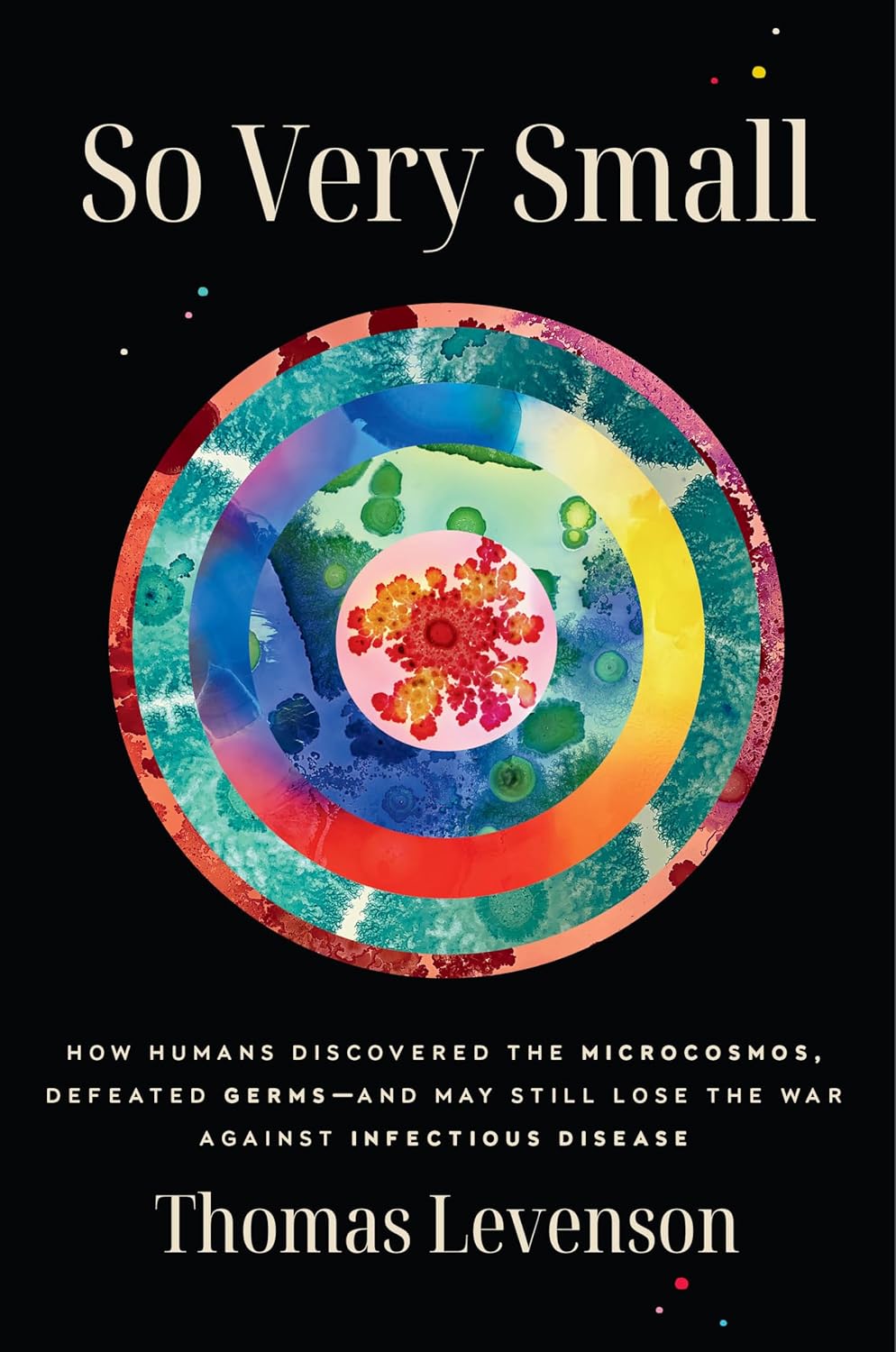NL: Moving to the topic of vaccines, with the anti-vaccine sentiment we're seeing now, do you think we've been there before? Or is this somewhat unprecedented?
TL: Kind of both.
Vaccine hesitancy, vaccine resistance, vaccine rejection is as old as — and, in some senses, older than — vaccines themselves. Prior to true vaccines, you had people vigorously denouncing the idea of smallpox inoculation [in which healthy people were exposed to fluids from infected people's smallpox sores]. This is before you get to the cowpox vaccine; this is in the 1720s. [People said] "it violates God's will; it's unnatural; it's hazardous; it's all kinds of terrible things." And some of what they said was true … It was not a risk-free operation.
You get similar reactions to the first true vaccine against cowpox [which was used to confer smallpox immunity] that starts to get disseminated in 1798. There was almost immediately vaccine resistance, again seizing in part on the unnaturalness of it. "You're mixing stuff from a cow into a human body" — that's almost obscene to people. There are these great cartoons from that era, which show cow parts showing up on babies and so on.
As you go forward through time, there are rejections of vaccines as unnecessary. There are rejections of vaccines on spiritual grounds, in regards to their "unnaturalness." There are rejections of vaccines as an intolerable extension of state power into personal decision making. Once you start having compulsory vaccination laws, which is in the middle of the 19th century, people respond by saying, "No, you can't do that. You can't make me put this stuff in my body."
We saw that all over the COVID vaccines, and we're seeing it now with growing resistance to standard childhood-disease vaccines as a requirement. And the results are tragic and disastrous: There's that kid who died in Texas, and there's at least one other death in the measles outbreak that is likely caused by lack of vaccination. [Editor's note: At the time of publication, the second measles death has been confirmed, along with a third.]
I see this both as a continuation of the way people have always responded to vaccines, but you're also seeing stuff that I think is particular to our moment that's new. Twenty years ago, anti-vaccine sentiment was not really a marker of political identification; to be anti-vaccine was not to be clearly coded as associated with one political outlook or another. That's much less true now. I don't need to sugarcoat it; obviously when a Republican president appoints RFK Jr. as secretary of health and human services, the association of that stance with that wing of American politics is pretty strong.
